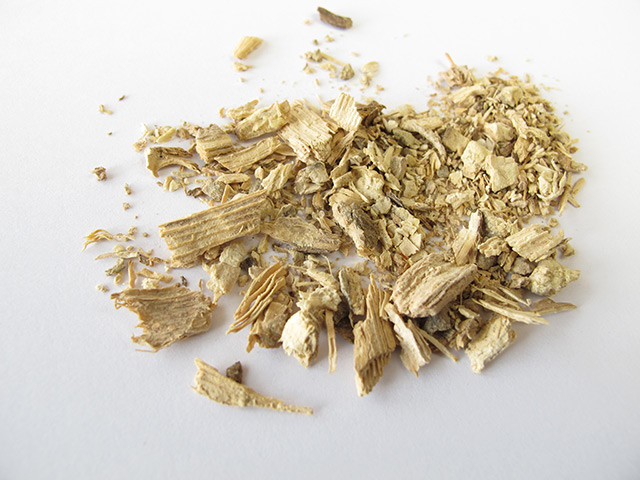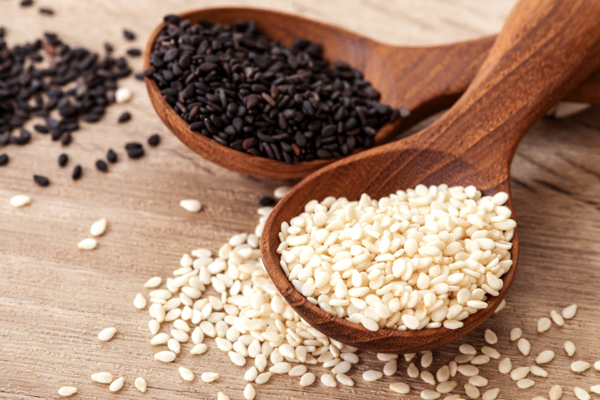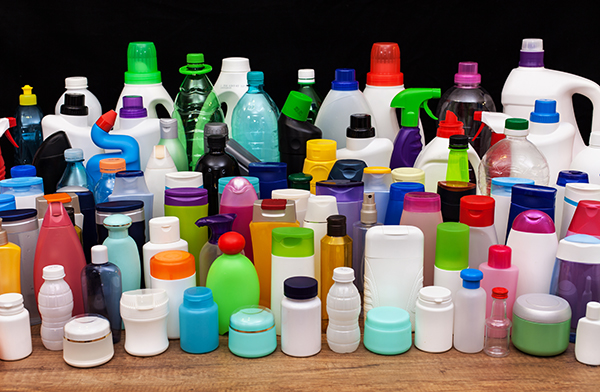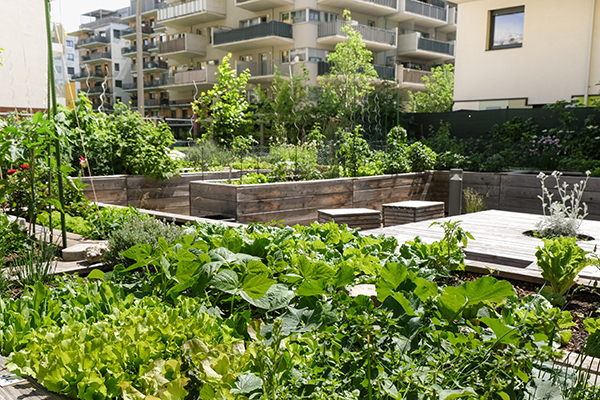Surge in KIDNEY FAILURES linked to common medications
By bellecarter // 2025-04-16
Tweet
Share
Copy
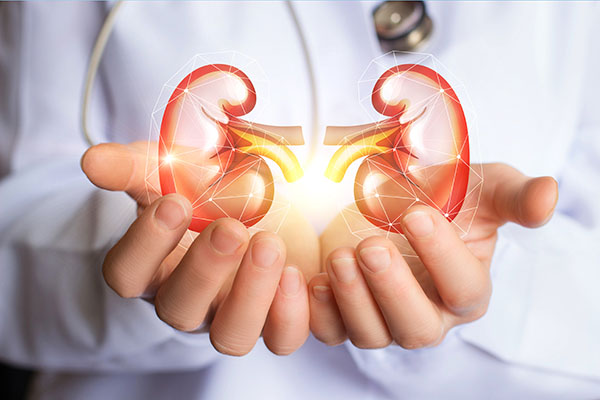
- Hospitalizations for acute kidney failure in the U.S. have doubled since 2000, surpassing 160,000 annually, driven in part by aging populations, chronic illnesses and medication overuse.
- Over-the-counter and prescription NSAIDs (e.g., ibuprofen, naproxen) cause significant kidney damage, with up to five percent of users hospitalized due to kidney injury. Prolonged or excessive use reduces kidney blood flow but discontinuation can lead to recovery, including doubled kidney function after six months in severe cases.
- Antibiotics (e.g. ciprofloxacin), proton pump inhibitors (PPIs), ACE inhibitors (if misused), statins, antivirals, antipsychotics, chemotherapy and contrast dyes pose additional risks. Proper oversight and alternatives are critical to avoid overdose or inappropriate use.
- Dietary changes (Mediterranean-style diets), supplements like coenzyme Q10 (CoQ10), vitamins B6 and E and stress-reduction practices help mitigate kidney damage. Patients should consult doctors before altering medications or using supplements.
- Experts urge stricter drug labeling, patient education on medication risks and shared responsibility between providers and patients to prioritize kidney health. Despite FDA warnings on NSAIDs, more transparency and vigilance are needed to curb the crisis.
Hidden dangers of common medications
Non-steroidal anti-inflammatory drugs (NSAIDs), such as ibuprofen (Advil) and naproxen (Aleve), rank among the most dangerous. A Nephrology journal review found these drugs account for significant kidney damage, with up to five percent of users requiring hospitalization. The National Kidney Foundation (NKF) warns that NSAIDs, when overused – especially during illness or dehydration – reduce blood flow to the kidneys. "People often take NSAIDs daily for chronic pain, but this silently disrupts kidney function," said Dr. Sarah Chen, director of the NKF. Antibiotics like ciprofloxacin (Cipro) and sulfonamides pose additional risks. Overuse has fueled antibiotic resistance, but these drugs also directly harm kidney cells. Additionally, proton pump inhibitors (PPIs) such as omeprazole (Prilosec), used for heartburn and ACE inhibitors for blood pressure control, which are typically kidney-protective, can worsen outcomes if used improperly. Even seemingly benign treatments can backfire. Statins have lower cholesterol but are linked to rhabdomyolysis – a muscle breakdown that floods the blood with toxins. Antivirals like acyclovir (Zovirax) and antipsychotics such as lithium (for bipolar disorder) also threaten kidney health, while chemotherapy drugs including cisplatin and interferon further strain vulnerable tissues. "Patients often don't realize everyday pills pose kidney risks," said Dr. Linda Fugate, a pharmacologist and author of a frequently cited list of top kidney-damaging drugs. For example, she listed 10 high-risk drugs, from antibiotics to arthritis drugs, emphasizing that patients must review prescribing information closely.Vitamins, fats and diets to the rescue
Health professionals highlight dietary supplements as critical for kidney health. A landmark study in patients with end-stage kidney disease showed 81 percent experienced improved or reversed kidney function with 180 mg daily of coenzyme Q10 (CoQ10), a nutrient found in fatty fish and red meat. Chen praised the results, stating, "CoQ10 helps kidneys filter waste and reduce damage." Vitamins B6 and E also aid in repair. Vitamin B6 neutralizes toxic molecules formed during fat metabolism, while vitamin E reduces kidney-damaging inflammation. Alpha-lipoic acid (ALA), present in spinach and Brussels sprouts, shields against NSAID toxicity and mitigates heart risks in kidney patients. Diet plays a pivotal role. A Mediterranean-style diet – rich in fish, vegetables and healthy fats – was linked to reduced kidney disease risk in a Columbia University study. Eliminating processed sugars, fried foods and excessive salt while incorporating herbs like rosemary or garlic supports kidney function. Stress-reduction practices such as meditation further reduce strain on the body. (Related: Eat these 15 foods to boost your kidney health.) Patients are also urged to consult doctors before altering medications or starting supplements. The NKF stresses that NSAIDs should be avoided without medical guidance and advises hydration during illness. Furthermore, health advocates demand better drug safety labeling and patient education. "Preventing kidney damage requires transparency," said Chen. "Patients need to know risks upfront." The Food and Drug Administration (FDA) has also taken steps, expanding warnings on NSAID labels, but experts argue more is needed. The kidney failure crisis underscores medicine's double-edged sword: life-saving treatments often carry hidden costs. By prioritizing safer drugs, dietary wisdom and patient empowerment, experts hope to reverse the trend. "Our kidneys are not invincible," said Liu. "Protecting them requires both vigilance and a little knowledge." Head over to Health.news for stories related to this. Watch the video below that talks about the early symptoms of kidney damage. This video is from the Natural Cures channel on Brighteon.com.More related stories:
11 Early warning signs of kidney disease. Which plants are effective at treating kidney diseases? Sources include: NaturalHealth365.com Kidney.org EmpowHer.com Brighteon.comTweet
Share
Copy
Tagged Under:
nutrition natural medicine alternative medicine antibiotics prevention statins natural cures deception remedies NSAIDs painkillers Dangerous Medicine kidney health badhealth badmedicine renal failure OTC painkillers
You Might Also Like
M.W. Walbert’s “The Coming Battle” traces the evolution of money power in America
By Kevin Hughes // Share
Kava: The Pacific’s healing wonder
By Ava Grace // Share
Eating black sesame may slash heart disease risk
By News Editors // Share
STUDY: Less than 10% of plastic comes from recycled materials
By Laura Harris // Share
Recent News
Trump chooses negotiation table over Israeli airstrikes in key Iran policy decision
By isabelle // Share
Possible biosignatures detected on Exoplanet K2-18b, raising hopes for alien life
By isabelle // Share
"Wartime Homefront Essential Skills" on BrightU: How to grow and preserve food at home
By jacobthomas // Share


